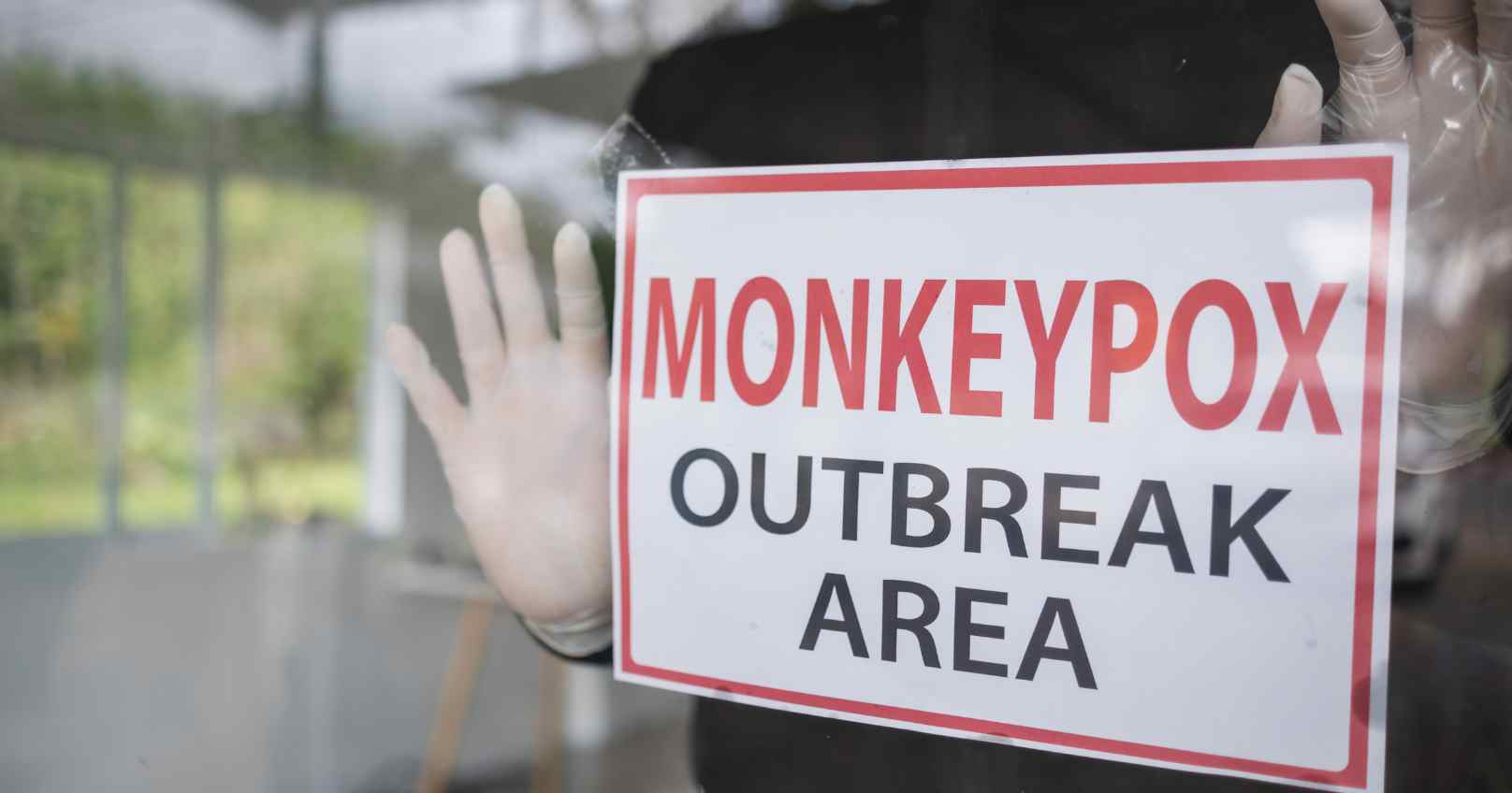Prime Minister Narendra Modi has been closely monitoring the situation regarding Mpox (monkeypox), the government announced on Sunday. PK Mishra, the Principal Secretary to the Prime Minister, led a high-level meeting to assess the country's preparedness and public health measures related to Mpox. During the meeting, officials reported that there have been no confirmed cases of Mpox in India so far, and the risk of a significant outbreak with sustained transmission remains "low" according to current assessments.
The World Health Organization (WHO) has classified Mpox as a public health emergency of international concern, highlighting the need for vigilance.
The National Technical Advisory Group on Immunisation (NTAGI), which serves as the government's advisory group on immunization, is set to convene soon to further evaluate the country's preparedness for a potential Mpox outbreak, sources informed The Economic Times.
Dr. Anurag Agrawal, head of the Koita Center for Digital Health at Ashoka University and Dean of Biosciences and Health Research at the Trivedi School of Biosciences, emphasized the seriousness of the new warning. He noted that India's best strategy for containment is to prevent the infection from entering the country. He also suggested leveraging the capabilities developed during the COVID-19 pandemic, such as diagnostics, vaccines, and genomic surveillance, as part of a broader South-South cooperation initiative.
Gautam Menon, Dean of Research and Professor of Physics and Biology at Ashoka University, recommended screening travelers for Mpox symptoms at airport entry points, particularly those coming from countries with reported cases. He emphasized the importance of monitoring and isolating potentially infected individuals and staying updated on the latest information about Mpox's epidemiology, transmission modes, and the possibility of asymptomatic carriers.
Menon added that, fortunately, Mpox appears to be less transmissible between people compared to COVID-19 or influenza, which suggests that while localized outbreaks may occur, a widespread epidemic is less likely. However, he stressed the importance of transparent reporting and collaboration with international partners to ensure that India remains at the forefront of Mpox research and response.







